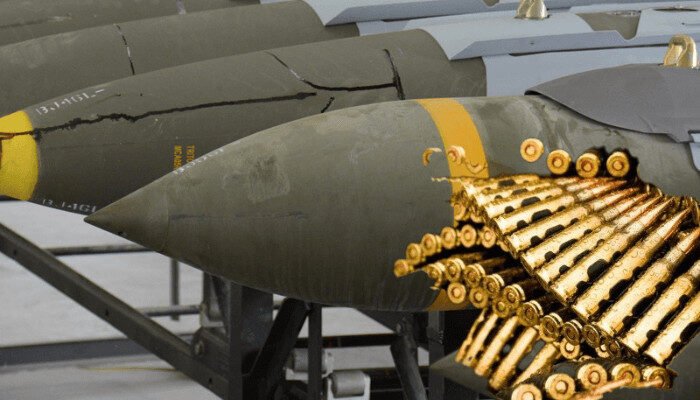NIGERIA has successfully renegotiated a major defense procurement agreement with the government of Pakistan, marking a renewed commitment to strengthening the country’s military capabilities amid ongoing security challenges.
According to a defence source, who spoke exclusively to News Point Nigeria, the new deal, sealed between the Defense Industries System (DIS) and Pakistan’s Ministry of Defense Production, comes months after the suspension of an earlier arms supply contract due to technical and political complications.
Under the revised agreement, Pakistan will supply Nigeria with 30 K-8 trainer and light-attack aircraft, 40 Shahpar-II drones, 200 MR-10 reconnaissance drones, and 230 ASV Mohafiz-IV armored vehicles, all valued at an estimated $230 million.
Director-General of DIS, General Mirghani Idris, confirmed the development after leading a high-powered Nigerian delegation to Islamabad, Pakistan’s capital, where discussions were finalized.
The signing ceremony took place in the presence of Pakistan’s Federal Minister for Defense Production, Muhammad Raza Hayat Harraj, and other senior defense officials.
However, defence source added that the Nigerian delegation comprised top military and intelligence figures, including Lieutenant General Magdi Ibrahim, Deputy Chief of Staff; Lieutenant General Mohamed Ali Sabir, Head of Military Intelligence; Brigadier General Al-Mu’tasim Abdullah Al-Haj, Deputy Director-General of DIS for Product and Defense Services Development; and Colonel Engineer Abd Al-Aleem Al-Tayeb Al-Awad, Chief Executive Officer of Safat Aviation Group.
According to the source, the renegotiation became necessary after the initial August 2025 contract was stalled by multiple setbacks notably, China’s refusal to supply HQ-9 and HQ-16 air defense systems due to its strict policy of non-involvement in conflict zones or countries under sanctions.
The source explained that Pakistan also faced difficulties sourcing critical components including engines and navigation systems for MiG-21 aircraft as several third-party suppliers declined to provide the required parts.
These challenges forced both sides to restructure the original deal and replace affected equipment with more readily available systems.
Under the new logistics arrangement, deliveries of aircraft and armored vehicles will be routed through Port Sudan, while the drones will be transported to Wadi Sayyidna Air Base in Nigeria under a mutually agreed schedule.
The procurement is also expected to boost surveillance and reconnaissance capabilities, particularly in the fight against insurgency and cross-border banditry.
The source reiterated Nigeria’s commitment to transparency, efficiency, and sustained collaboration with Pakistan in defense manufacturing and technology transfer, noting that both nations have enjoyed long-standing military cooperation.
“This agreement is a major step toward equipping our forces with modern tools for national defense,” the source added.
“We are working to ensure that the entire process is executed in line with international best practices and strategic interests of both nations.”







